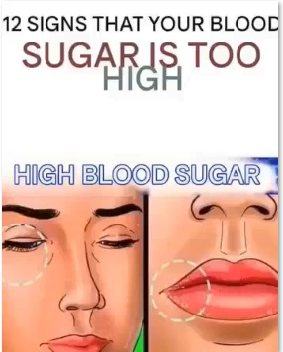
High blood sugar, or hyperglycemia, can affect anyone—not just people with diabetes. Glucose is the body’s main energy source,
but when levels remain high for too long, it can disrupt normal functions. Causes include stress, poor diet,
inactivity, or certain health issues. Symptoms often develop gradually, so early awareness is essential.
Common signs include excessive thirst, frequent urination, fatigue, or extreme hunger. Other clues may be blurry vision,
slow-healing wounds, frequent infections, tingling in hands or feet, dry skin, or a sweet breath odor.
Though these alone don’t confirm high blood sugar, they signal it’s time to pay attention and possibly seek medical advice.
Thankfully, small lifestyle changes can help: eat balanced, fiber-rich meals, stay physically active, drink plenty of water, and manage stress
through breathing exercises or mindfulness. Regularly monitoring your levels—if advised by a healthcare professional—can provide valuable insight.
Because hyperglycemia often progresses quietly, staying alert to your body’s signals is key. Whether or not you have diabetes, maintaining healthy
habits supports energy, comfort, and long-term wellness. When uncertain, consulting a doctor ensures safe, personalized guidance and peace of mind.